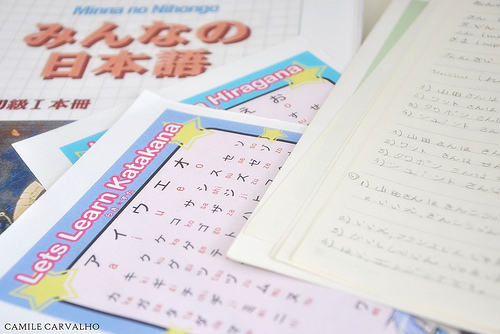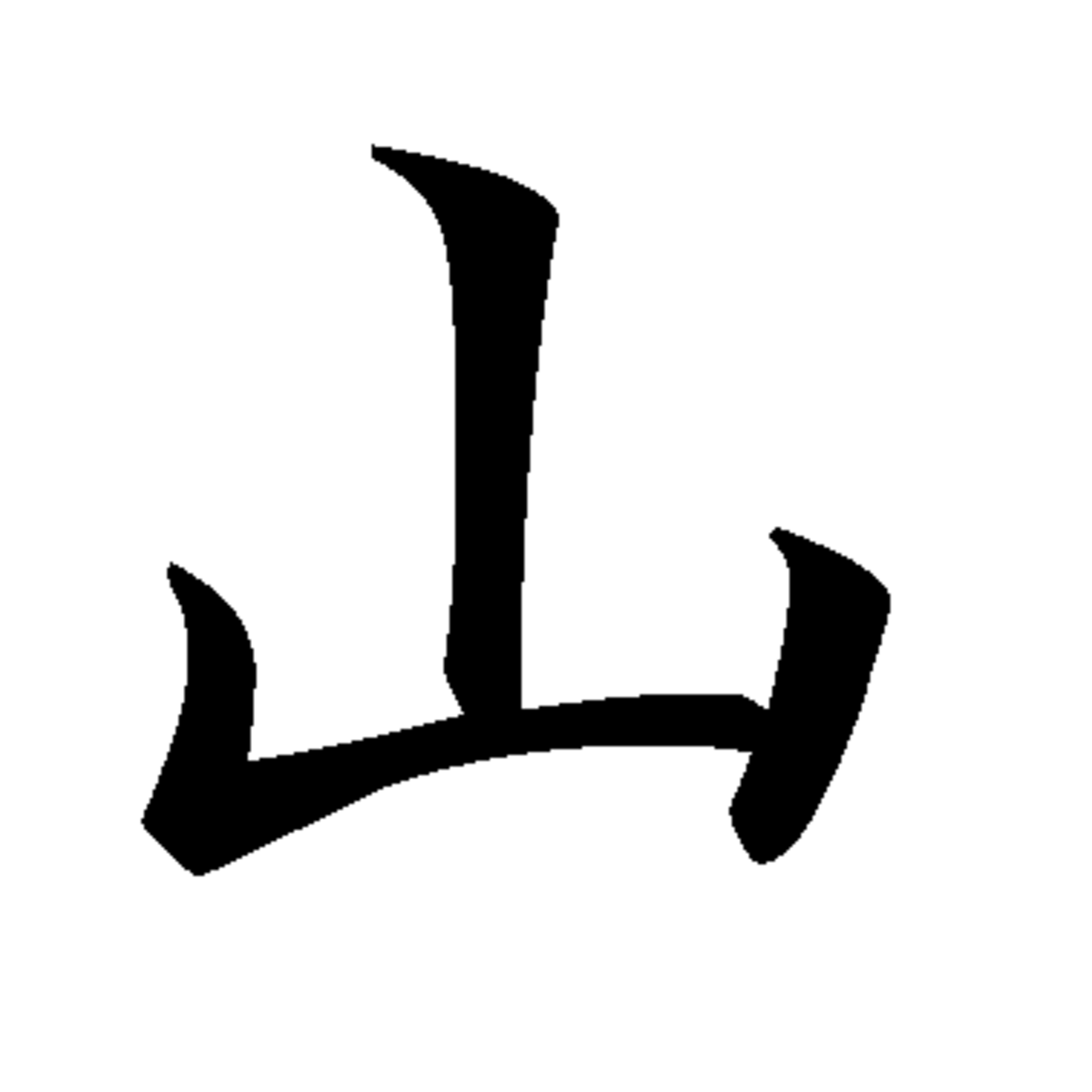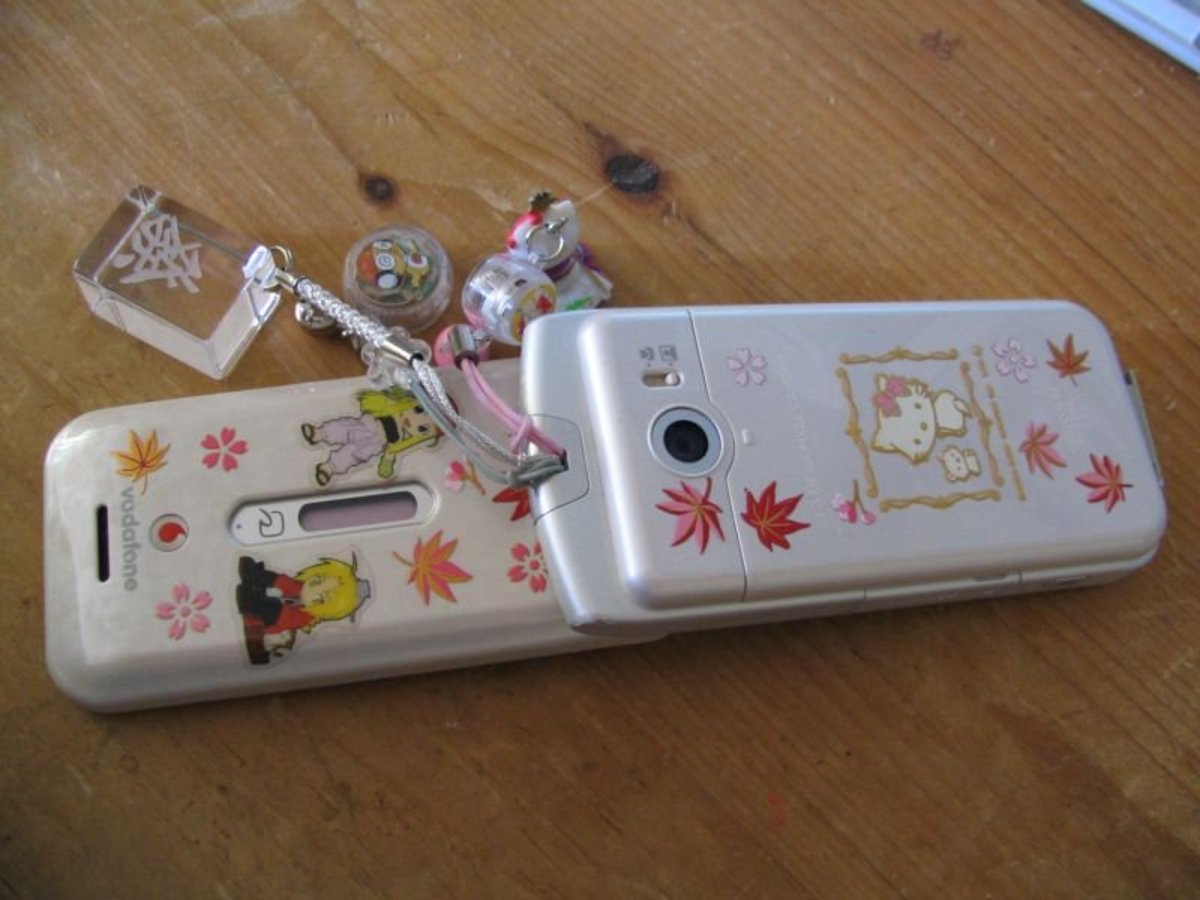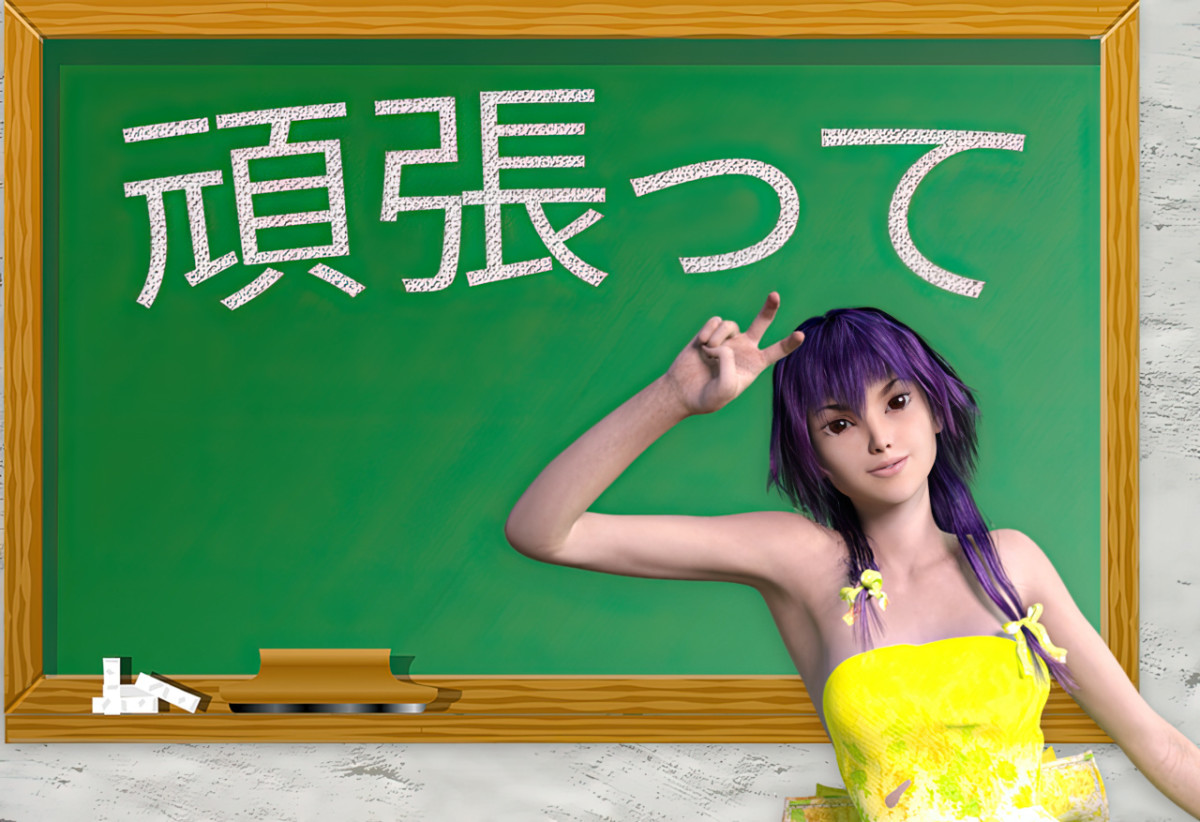How to say Hello in Japanese

Saying Hello in Japanese
There are a number of ways to say Hello in Japanese, it all depends on the situation and social rank of the listener. If you check the dictionary you will see the standard word of "Konnichiwa". This means "Kon" - this, "Nichi" - day, "Wa/ha" is an article. When you say "Konnichiwa" the intonation needs to be flat, not rising or falling like other languages. You will often just hear "Chiwa" from men.
In the evening you say "Konbanwa", "ban" meaning evening instead.
In the Morning we say "Ohayo" - informal, "Ohayo Gozaimasu" for polite. You will often hear men skip the "Ohayo" part, and women may skip the "Gozaimasu" part. This should be said loud and clear in the work place.
When you come back home from work or school you say "Tadaima", and your family will respond with "Okaeri-nasai" (Kaeru - verb - to return). Okaeri may even be said by your neighbours in Japan.
When you introduce yourself, the first thing to say is "Hajimemashite" (Hajimaru - verb - begin). After the introduction you finish with "Yoroshiku onegaishimasu" or simply "Yoroshiku" informal.
It a martial arts dojo people will often say "Osu" whenever they enter or leave the dojo.
Some Japanese of course may want to speak English to a foreigner and may sound like "Haroo". The L and R sound is indistinguishable in many eastern Asian languages.
Other Greetings
Many people may skip the hello part and go straight to the question - Genki desu ka? Meaning how are you?
Or the casual version of simply - Genki? with a raised intonation of the final "i" indicating a question.
Luckily there are not too many slang variations in Japanese like English. In English depending on the country or region, you have S'up, Cool, Safe, Aiight.
Choushi dou - How are you?
Konbanwa - Good Evening
Ohayou Gozaimasu - Good Morning
Hisashiburi - Long time no see
Mata ashita - See you tomorrow
Atsui desu ne? - It's hot isn't it?
Samui desu ne? It's cold isn't it?
Ii tenki desu ne? It's fine weather isn't it?
Gomennasi - I'm sorry (polite)
Sumimasen - Excuse me
Itte kimasu - Said when you go out (meaning you will be back later)
Itterasshai - reply to Itte kimasu

Learning Japanese in general
Apart from the writing system, conversational Japanese is not as hard as many people think. First of all, pronunciation is not difficult for English speaking as there are less sounds. You just need to make sure you don't put automatic intonation on words like our own words do.
The grammar order is SVO, subject, Verb, Object however the subject is rarely used in daily conversation. We can work out who or what the subject is through context.
Verbs have almost all the same patterns for tenses, so if you learn one, you probably know them all.
Things to be aware of in Japanese
There are many foreigners who make the same mistake over and over again for example see below.
1. Japanese is quite rhythmic, some words have pauses. E.g. Sakki with a pause and Saki without a pause. The meaning are quite opposite.
2. Some Vowels have lengths e.g. A short Ningyo means, Goldfish but a longer Ningyou means doll.
3. Don't speak too fast. Japanese is not a fast language like Spanish. You will be miss-understood on a regular basis.
4. Japanese has load words from English e.g. Video is pronounced Bi De O. If you pronounce too much like a native English speaker, then you will be mis-understood.
5. Conversation flow words, like Yeah, ah hah, wow. Do not mix well in Japanese. You will need to try to use their sounds in conversation in order to give Japanese an indication of how well you are comprehending them. E.g. When girls talk and somebody says something unbelievable, they all say "Heeeeeeeeeeeeeeeee" with rising intonation. Once they understand and are not surprised anymore its "Heeeeeeeeeeee" with falling intonation.
6. Onomatopoeia - Sound (effects) words. Japanese is heavily based on Onomatopoeia, and it is essential for daily conversation, unlike the English language. You could be lost without it. English Onomatopoeia or sound effects are just not understood in Japanese. Even the word "Whack" or "Slam" is not understood. You need to use words like "Don!!!" or "Dosu!!"








